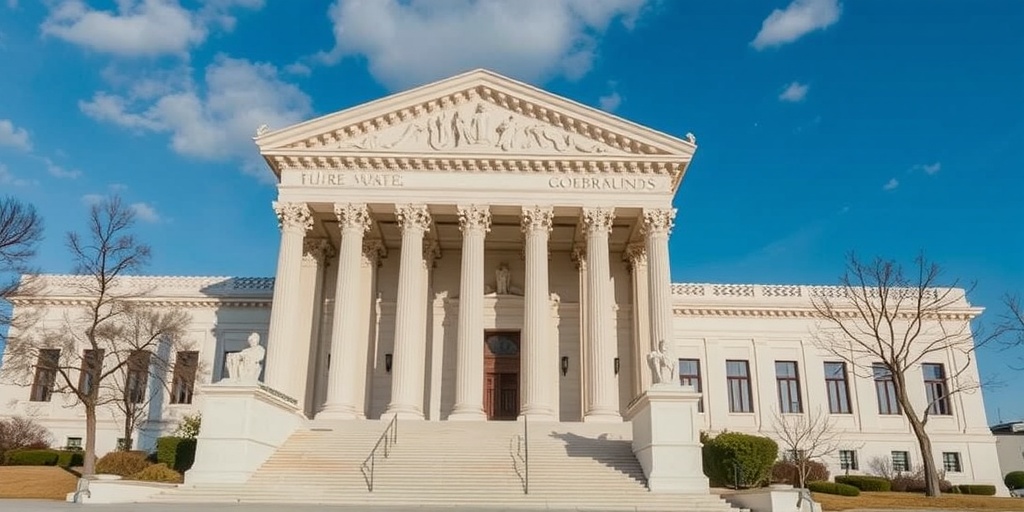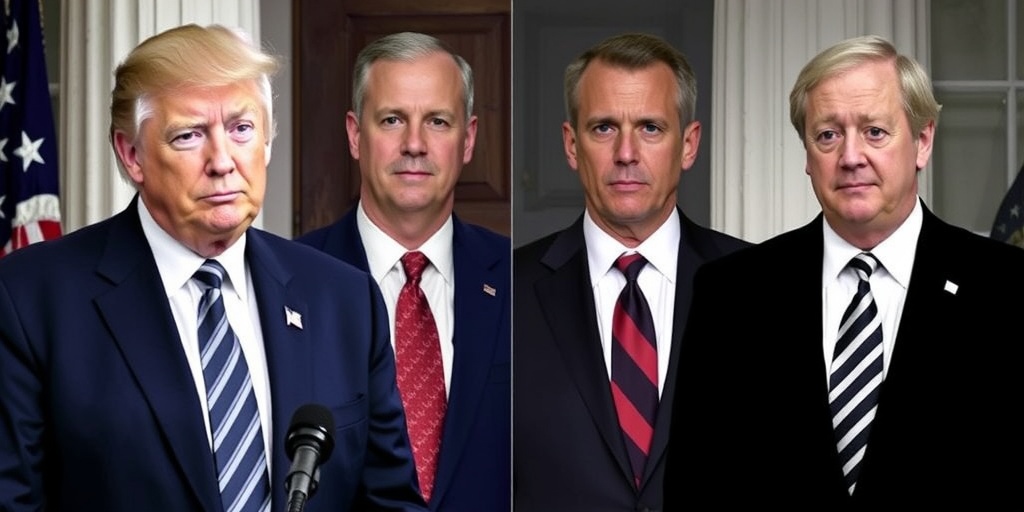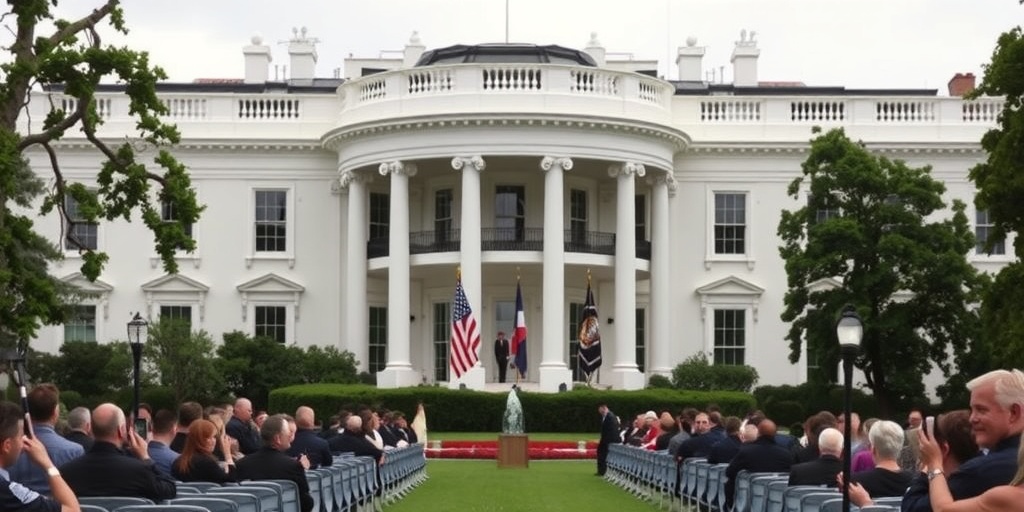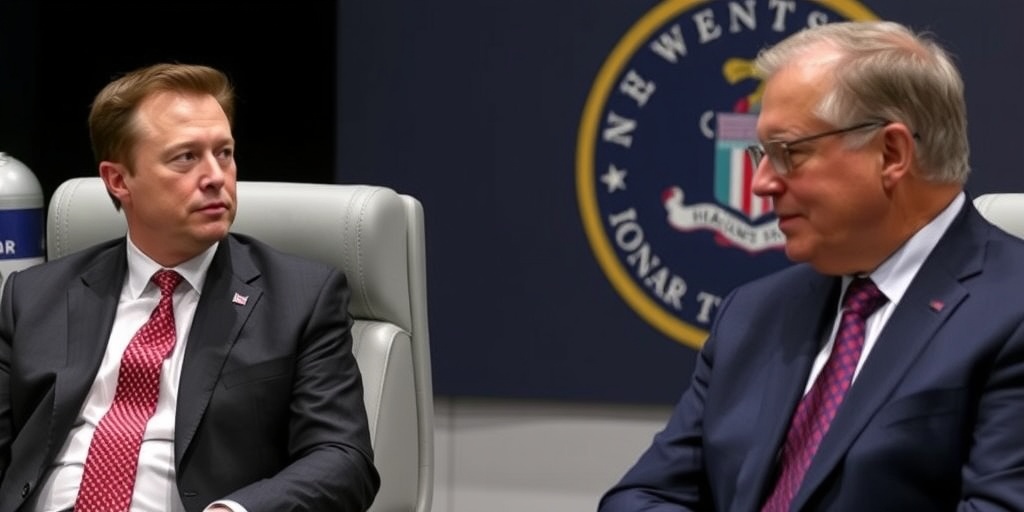Now Reading: US Expels More Salvadoran Detainees as ‘Violent Criminals’
-
01
US Expels More Salvadoran Detainees as ‘Violent Criminals’
US Expels More Salvadoran Detainees as ‘Violent Criminals’
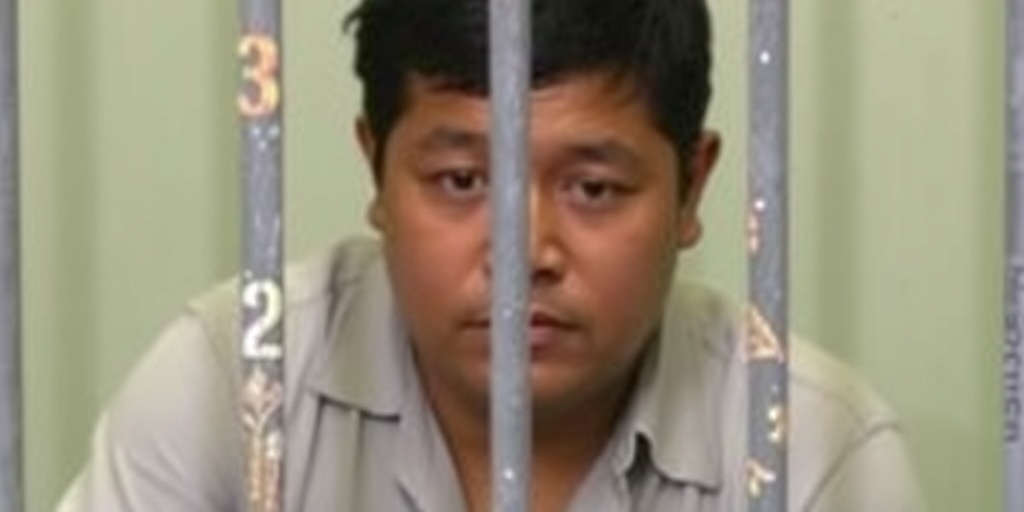
Trump Administration Executes Fourth Deportation Flight to El Salvador Amid Controversy
In a significant and controversial move, the Trump administration recently dispatched a fourth plane filled with deportees to El Salvador, claiming a different legal authority for the action than previously cited wartime laws. This has led to the blocking of such transfers by a federal judge, highlighting ongoing legal and ethical dilemmas surrounding the administration’s immigration policies.
Administration officials stated that the recent flight transported 17 men, all purportedly confirmed gang members, under established U.S. immigration law, asserting that these individuals had final orders of removal. However, the manner in which the administration characterized the operation raised eyebrows. Key officials, including Secretary of State Marco Rubio and Joe Kasper, the Pentagon’s chief of staff, referred to the deportations as “counterterrorism” missions, inflating the rhetoric typically associated with military operations.
Secretary Rubio affirmed that the U.S. military played a crucial role in transporting these 17 labeled “violent criminals,” with some identified as “murderers and rapists” possessing gang affiliations. Mr. Kasper echoed these sentiments, declaring the deportations a successful counterterrorism operation undertaken in partnership with El Salvador.
On social media, El Salvador’s President Nayib Bukele supported the narrative, announcing a "joint military operation" between the two nations and asserting that all deportees were "confirmed murderers and high-profile offenders." Accompanying his announcement was a video depicting the deportees in restraints, disembarking from a U.S. Air Force plane at nighttime, which added a dramatic visual to the unfolding story.
The day following the deportation, President Trump shared Mr. Bukele’s announcement on his platform, Truth Social, expressing gratitude to El Salvador for accepting the deported individuals and attributing blame to former President Joe Biden for their initial entry into the United States.
The deportees included seven Venezuelan nationals and ten Salvadoran citizens, as confirmed by a senior State Department official who spoke anonymously. Reports indicated that these individuals had been briefly detained at the U.S. military base in Guantanamo Bay, Cuba, before their transport to a large prison facility in El Salvador, a fact that further complicates the situation and raises ethical questions regarding detention practices.
According to the officials, the deportations were executed under the executive branch’s conventional legal mandate to enforce immigration laws, differentiating them from the previously invoked Alien Enemies Act. This wartime statute was initially referenced by Trump to justify the deportation of members of the Tren de Aragua gang, a move described as a response to a "predatory incursion" allegedly orchestrated by the Venezuelan government. Legal challenges regarding those deportations currently linger in U.S. District Court, indicating a growing tension over the administration’s approach to immigration.
The officials disclosed that the deportees were affiliated either with Tren de Aragua or MS-13, a notorious gang originally established by Salvadoran emigrants. A corroborating list from a White House source indicated that each individual had faced convictions or accusations of serious crimes like murder, manslaughter, assault, or theft, making their deportation legally justifiable.
Under the Immigration and Nationality Act, the administration holds broad powers to deport noncitizens unlawfully present in the U.S., especially those with serious criminal backgrounds. Recently, Congress expanded the range of crimes that can lead to deportation, allowing for removal even before convictions occur.
However, the continued efforts to deport these individuals are expected to incite unrest among advocacy groups that already initiated lawsuits against Trump’s administration for its rapid deportation strategies, particularly concerning Venezuelans and the usage of Guantanamo Bay as a detention site for those facing removal orders.
Earlier in the month, three civilian planes carrying over 200 deportees had already been dispatched to a prison in El Salvador under the pretext of the Alien Enemies Act, an operation that sparked considerable controversy and raised questions about the administration’s compliance with judicial orders.
Judge James E. Boasberg issued a temporary restraining order aimed at halting these deportation flights, commanding that, if necessary, aircraft in transit should return to the United States. Nonetheless, compliance with this order was contested, as Justice Department lawyers contended that only a later written directive did not include instructions for planes already airborne.
The legal battle persists, with indications of a refusal from the Justice Department to disclose critical information regarding operations to Judge Boasberg while attempting to secure his recusal from the case.
The recent deportations have not gone unnoticed by lawmakers; a cadre of Democratic Senators publicly condemned the administration’s actions regarding Guantanamo Bay, deeming it an illogical and likely illegal location for the detention of immigrants.
Reflecting on the current crisis, Senators Jack Reed, Jeanne Shaheen, Gary Peters, Alex Padilla, and Angus King expressed their concerns, asserting that the administration’s use of Guantanamo seems designed to undermine due process and evade legal scrutiny. As the situation evolves, scrutiny over the Trump administration’s immigration policies and their implications continues to deepen.
Stay Informed With the Latest & Most Important News
Previous Post
Next Post
-
 01New technology breakthrough has everyone talking right now
01New technology breakthrough has everyone talking right now -
 02Unbelievable life hack everyone needs to try today
02Unbelievable life hack everyone needs to try today -
 03Fascinating discovery found buried deep beneath the ocean
03Fascinating discovery found buried deep beneath the ocean -
 04Man invents genius device that solves everyday problems
04Man invents genius device that solves everyday problems -
 05Shocking discovery that changes what we know forever
05Shocking discovery that changes what we know forever -
 06Internet goes wild over celebrity’s unexpected fashion choice
06Internet goes wild over celebrity’s unexpected fashion choice -
 07Rare animal sighting stuns scientists and wildlife lovers
07Rare animal sighting stuns scientists and wildlife lovers














